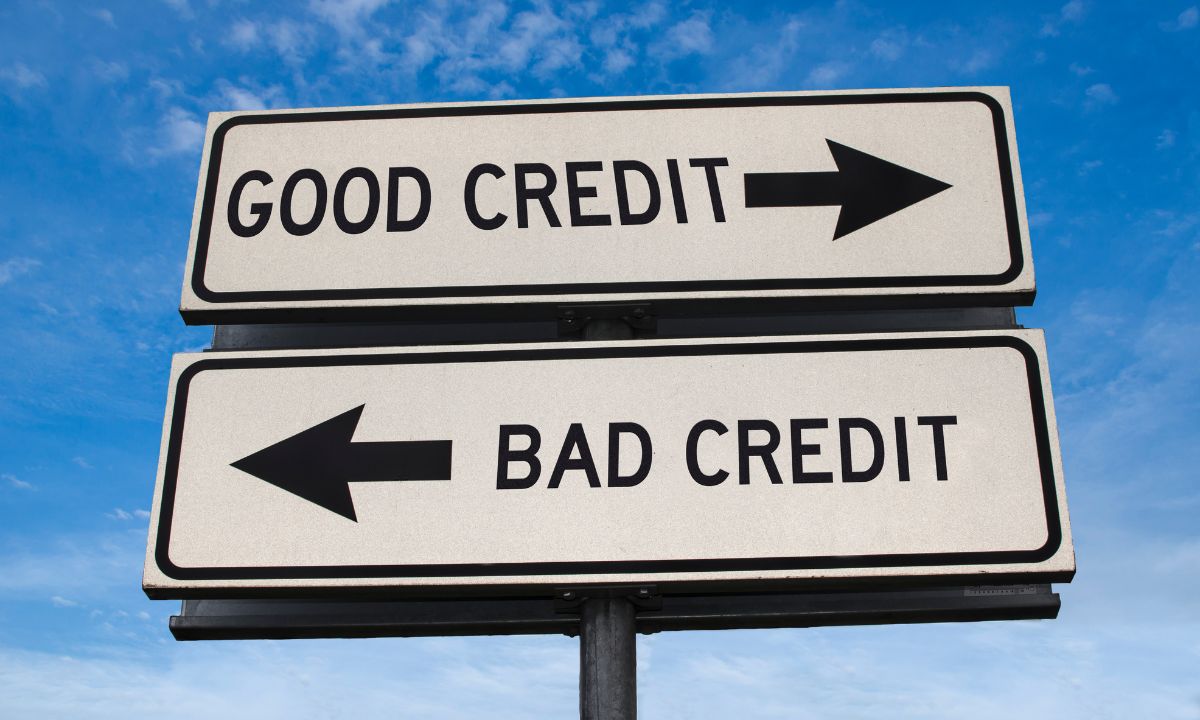How Single Moms Can Achieve Homeownership with First-Time Homebuyer Grants
 Owning a home is an important goal for many people, and as a single mom, it can sometimes feel like a distant dream. But the reality is that homeownership is more achievable than you might think, especially when you know about the financial resources and programs available to you. First-time homebuyer grants, special loan programs, and down payment assistance can help you overcome the financial barriers that might otherwise stand in your way. Here’s what single moms should know about these opportunities.
Owning a home is an important goal for many people, and as a single mom, it can sometimes feel like a distant dream. But the reality is that homeownership is more achievable than you might think, especially when you know about the financial resources and programs available to you. First-time homebuyer grants, special loan programs, and down payment assistance can help you overcome the financial barriers that might otherwise stand in your way. Here’s what single moms should know about these opportunities.
Understanding First-Time Homebuyer Grants
First-time homebuyer grants are specifically designed to help individuals, especially those with low to moderate incomes, purchase their first home. While these grants are not exclusively for single mothers, they are an excellent resource for single-income households. These grants are typically used to cover part of the down payment or closing costs, which can make a significant difference in the affordability of your new home.
It’s important to note that these grants are offered by various federal, state, and local government agencies, as well as nonprofit organizations. Each program has its own set of eligibility requirements, but many are aimed at helping single moms and low-income households achieve homeownership.
Key Steps to Take Toward Homeownership
- Connect with a Housing Counselor One of the first steps in your homebuying journey is to connect with a HUD-approved housing counselor. These professionals offer free or low-cost services to help you understand your financial situation and the home-buying process. A housing counselor can guide you through the steps of qualifying for grants and loans, and help you understand your eligibility for down payment assistance programs.
- Explore Affordable Loan Programs While there are no specific mortgage programs exclusively for single moms, many loan programs cater to low-to-moderate-income borrowers. These programs often come with more lenient requirements for down payments and credit scores:
- FHA Loans: These loans are backed by the Federal Housing Administration and require a low down payment (often as little as 3.5%) and more flexible credit requirements.
- USDA Loans: The U.S. Department of Agriculture offers loans that provide 100% financing for homes in rural and suburban areas, making it an excellent choice for families who are looking to live outside of urban centers.
- VA Loans: If you’re a veteran or an eligible surviving spouse, VA loans offer incredible benefits, including zero down payment and no private mortgage insurance (PMI) requirements.
- Look Into Down Payment Assistance Programs Down payment assistance programs are available in many counties, cities, and states. These programs can help reduce the upfront cost of buying a home. Some programs provide grants that don’t need to be repaid, while others offer low-interest loans or loans that may be forgiven over time, making them especially useful for single moms on a tight budget.
- Consider a Cosigner If you’re worried about qualifying for a mortgage based on your income alone, consider adding a cosigner to your loan application. A cosigner is someone who agrees to take responsibility for the loan if you are unable to make the payments. This can increase your purchasing power by including your income and credit score in the lender’s assessment.
Helpful Resources for Single Moms
Several organizations and programs specifically support single moms who are looking to buy a home:
- State and Local Programs: Many states offer homebuyer assistance programs that may include grants, tax credits, and loans. Check your state’s housing authority or HUD’s website for a comprehensive list of programs available in your area.
- HUD’s Special Programs: The U.S. Department of Housing and Urban Development (HUD) offers programs like the Good Neighbor Next Door (GNND) program, which provides significant discounts for teachers, police officers, firefighters, and other public service workers. If you’re a public housing resident, HUD also offers homeownership opportunities that can make home-buying more affordable.
- Habitat for Humanity: This nonprofit organization helps low-income families build and purchase homes with affordable mortgages. In exchange for a low-interest mortgage, families often contribute sweat equity by working alongside volunteers to build their future homes.
As a single mom, achieving homeownership may seem like a big challenge, but with the right resources and support, it’s absolutely within your reach. Start by connecting with a HUD-approved housing counselor, researching first-time homebuyer grants, and exploring down payment assistance programs. The road to homeownership may take time, but the end result is a place to call your own, and is well worth the effort.
Take the first step today to explore your options. You might be closer to owning a home than you think!Top of Form

 When thinking about homeownership, a perfect credit score often seems like the golden ticket. But what if your credit history isn’t picture-perfect? Don’t worry; buying a home with bad credit is still within reach. With careful planning and strategic moves, you can turn your dream of homeownership into a reality. Here are some valuable tips and insights to guide you through the process:
When thinking about homeownership, a perfect credit score often seems like the golden ticket. But what if your credit history isn’t picture-perfect? Don’t worry; buying a home with bad credit is still within reach. With careful planning and strategic moves, you can turn your dream of homeownership into a reality. Here are some valuable tips and insights to guide you through the process: Transitioning from renting to homeownership is an exciting and significant milestone in anyone’s life. This journey, while thrilling, can also be filled with questions and uncertainties. I am here to guide you through this process, ensuring a smooth and successful transition working with your real estate agent. We will discuss the steps you need to take to move from being a renter to a proud homeowner.
Transitioning from renting to homeownership is an exciting and significant milestone in anyone’s life. This journey, while thrilling, can also be filled with questions and uncertainties. I am here to guide you through this process, ensuring a smooth and successful transition working with your real estate agent. We will discuss the steps you need to take to move from being a renter to a proud homeowner.